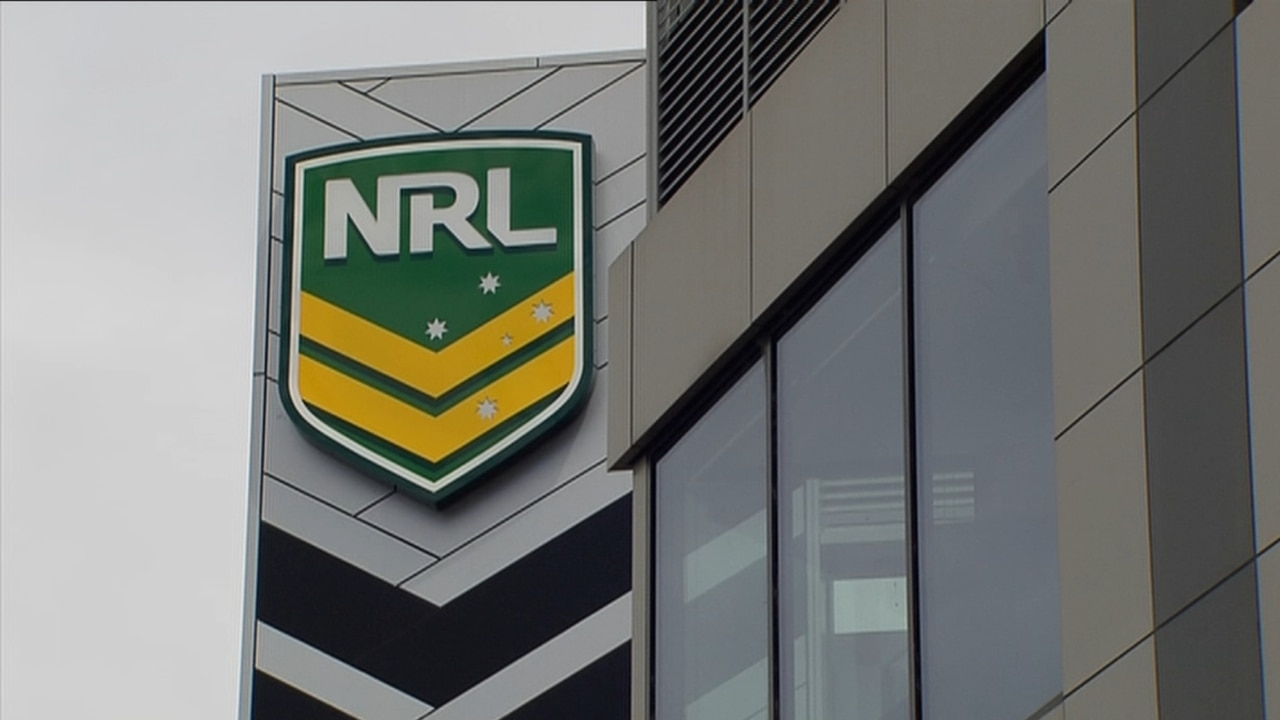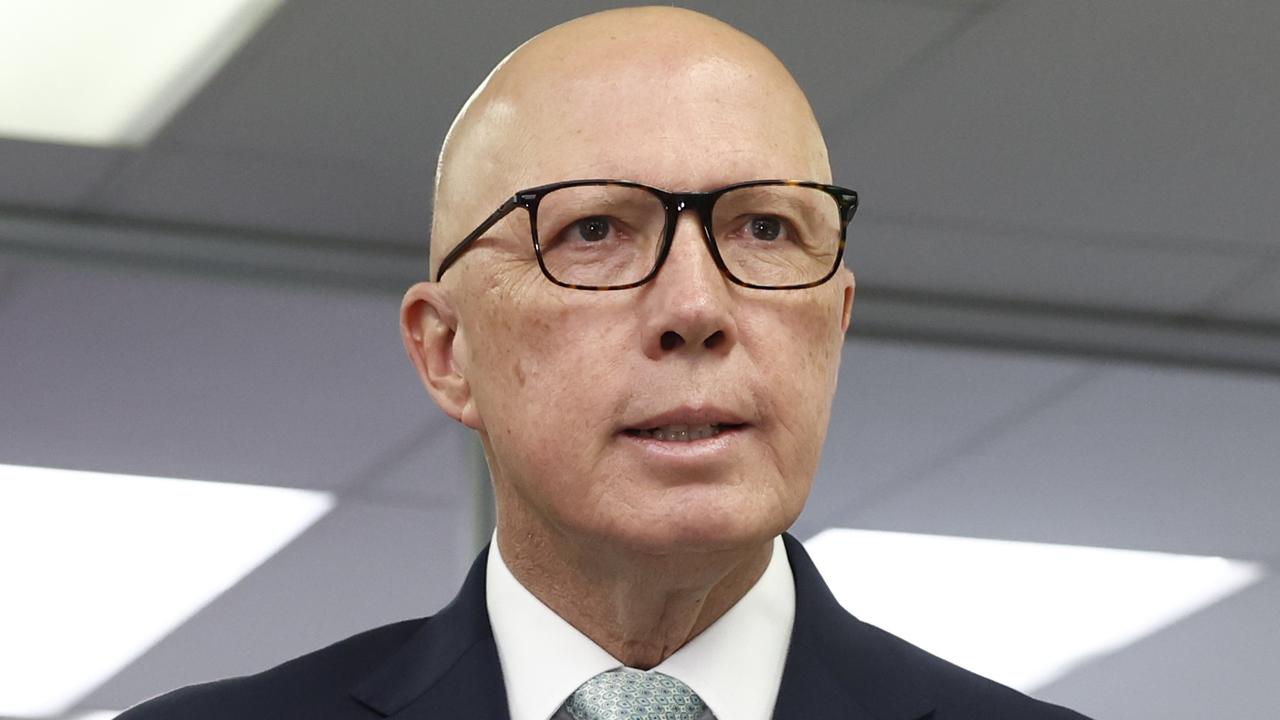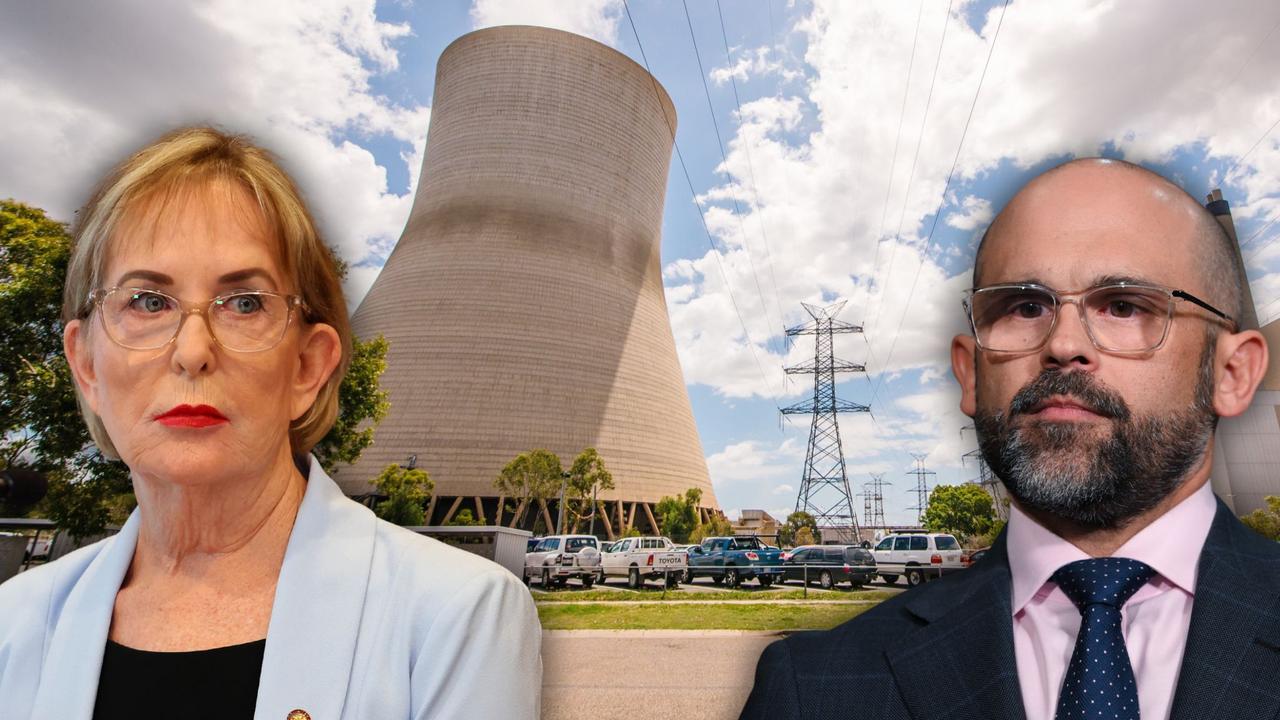Qld Path to Treaty legislation passed at regional parliament
The Premier has vowed to travel to London herself with Queensland’s First Nation’s people to retrieve historical artefacts. HAVE YOUR SAY

QLD Politics
Don't miss out on the headlines from QLD Politics. Followed categories will be added to My News.
Premier Annastacia Palaszczuk has vowed to travel to London herself with Queensland’s First Nation’s people to retrieve historical Aboriginal and Torres Strait Islander artefacts locked away and hidden in British institutions.
It comes following the landmark passing of the Path to Treaty legislation on Wednesday night, triggering a major truth-telling inquiry that will investigate the massacre of Indigenous people, the effect of the Stolen Generation and the impacts of colonisation on First Nations and Torres Strait Islander peoples in Queensland.
AGREE? HAVE YOUR SAY IN OUR POLL BELOW
The passing of the historic laws triggered an emotional response in the extraordinary sitting in the state’s Far North, with Queensland’s first Indigenous female minister Leeanne Enoch shedding tears while the public gallery cheered.
The five-member board called the Truth-telling and Healing Inquiry must be set up in the next three months and will run for at least three years.
The inquiry will hold truth-telling sessions and hearings and could lead to major financial reparations, health reforms and curriculum changes by the state government as part of landmark treaty negotiations with Queensland’s First Nations groups.

Ms Palaszczuk confirmed a First Nation’s cultural centre would be built in Cairns to “bring communities and cultures together and foster long term social and economic benefits including training and job opportunities”.
Ms Palaszczuk said Aboriginal and Torres Strait Islander arts and culture was essential to the state’s cultural identity.
She said there was evidence of treaties and demands for treaties from both the Australian and British colonial offices held under “lock and key” at the British Library in London.
There was also a “wealth of artefacts which are held in the basement of the British Museum”.
“These priceless artefacts will be better on display here at our cultural centre where they belong,” Ms Palaszczuk said.
“I’m happy to go to London to get these artefacts back with our First Nations people.”

There has been growing awareness in recent years of the dark history around artefacts held in museums, particularly in former colonising countries, with increasing calls for items to be returned to their nation of origin.
Earlier this year it was announced four spears taken during Captain Cook’s landing at Sydney Botany’s Bay would be returned to the local Indigenous community.
The spears were the last remaining of 40 gathered from Aboriginal people living around Kurnell at Kamay, also known as Botany Bay, where Captain Cook and his crew first set foot in Australia in 1770.

Speaking at a Path to Treaty breakfast alongside Indigenous elders and leaders who helped craft the momentous bill, the Premier said it was significant the laws were passed in Cairns.
“Before it was renamed after the governor of the time, Cairns was known as ‘Battle Camp’,” Ms Palaszczuk said.
“No need to guess why.
“The awful truth is that, in its earliest days, most of Queensland was a battle camp.
“It is widely said that those who forget the mistakes of the past are doomed to repeat them, that is what makes our path or treaty process so important.”
In the wake of the passing of the landmark legislation, a First Nations treaty institute will also be set up, with the framework for negotiating treaties to be developed from 2024 as the work occurs adjacent to truth telling.
Aboriginal and Torres Strait Islander Partnerships Minister Craig Crawford said the laws were a watershed moment for reconciliation, with expectations to “deliver significant outcomes very early on”. Mr Crawford said he expected potentially a hundred separate treaties to be negotiated with First Nations groups.
Deals could be struck across areas like youth justice, housing, health and education, as well as a formal platform to change the names of geographic locations that are either considered insensitive or were previously known by another name for thousands of years.
“The treaty process means that, for the first time ever, a traditional owner group can sit down with the government and negotiate something that they probably really wanted to do a couple of hundred years ago,” Mr Crawford said.

The truth-telling inquiry will have powers to investigate historic injustices and provide an evidence base for future financial reparations under treaty negotiations.
“For example, if a particular group is saying the colonial movement massacred thousands of our people, well, the inquiry will actually be able to inform the evidence on that,” Mr Crawford said.
Ms Palaszczuk said the country has “ignored uncomfortable truths” about its history and treatment of First Nations people and urged Indigenous groups to come forward and be part of the inquiry.
“Each generation is called to make its mark on its age,” she told parliament during debate on the bill.
“A treaty with Aboriginal and Torres Strait Islander peoples is ours.
“This moment, here and now, begins to put right centuries of wrongs.”
Ms Palaszczuk said the truth-telling process would be “harrowing” but said it was critical to allow race relations to move forward.
“The truth of our colonial past, and not-so-distant past, must be told for the healing processes to commence,” she said.
Ms Palaszczuk said the history books of Australia have focused on the colonisation and landmark moments of the last 200 years and has ignored the tens of thousands of years of Indigenous people.
“Let’s not mince words – it whitewashed Aboriginal and Torres Strait Islander people from the pages of our shared story,” the Premier said.
“With no understanding of where First Nations people have come from, what their story fully entails, it renders them all but invisible to the state – how can you close the gap with something you cannot see?”
Cheryl Buchanan, from the Treaty Working Group, delivered a tearful and powerful plea to those who are non-Indigenous to assist in helping her community.
“I really want us to be walking together in this country,” the proud Guwamu woman said.
“I want to wake up to a day we’re not surviving – I don’t want to survive anymore.
“I want us to live.
“I want us to be able to wake up and live our best lives … and only you can hold us back, only non-Indigenous people can hold us back.”
Member for Cook Cynthia Lui said it signalled a clear turning point.
“I am humbled to take part in this very important journey … I see this Bill as a pillar of hope,” she said.
The inquiry will have the power to use artefacts, archaeologists and historians to investigate the truth in a claim and determine how the specific treaties can be negotiated.
The Path to Treaty legislation also replaces and removes offensive terms and outdated sections of laws across Queensland legislation designed to control the lives of First Nations people.
This includes removing outdated sections of the law that controlled how the property of Indigenous people would be managed, and how they could deposit “savings with banker”




